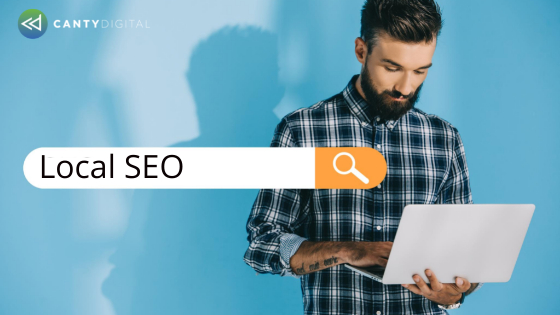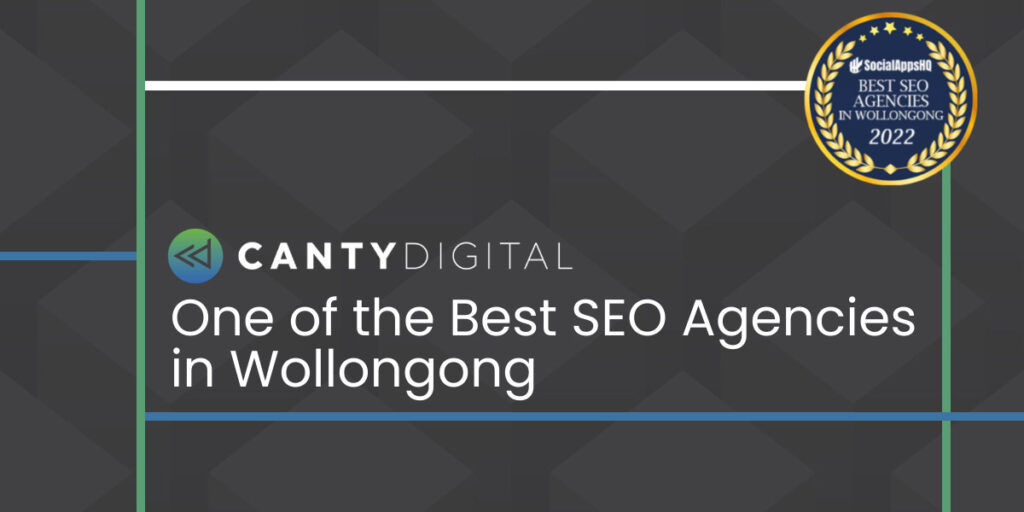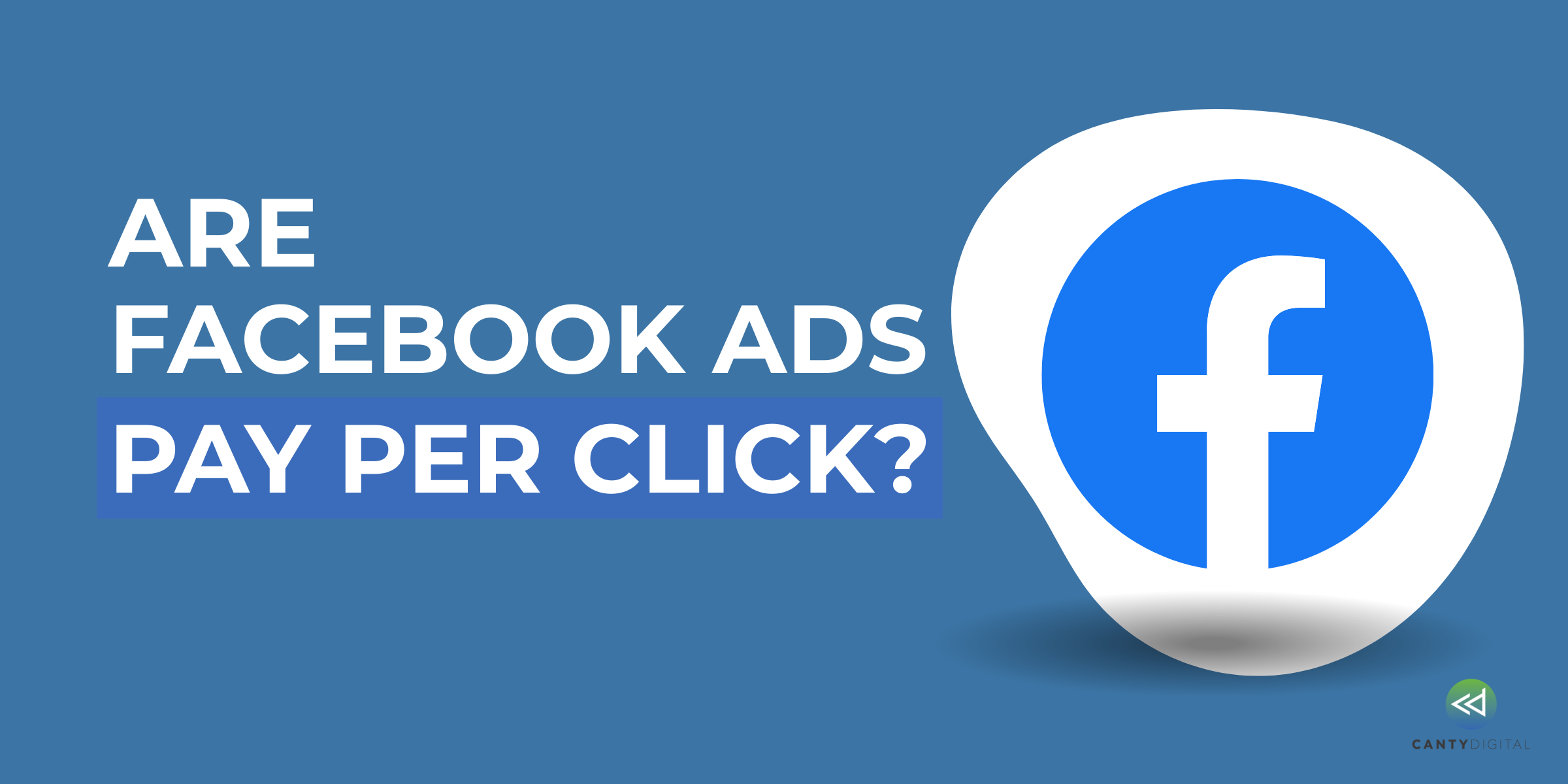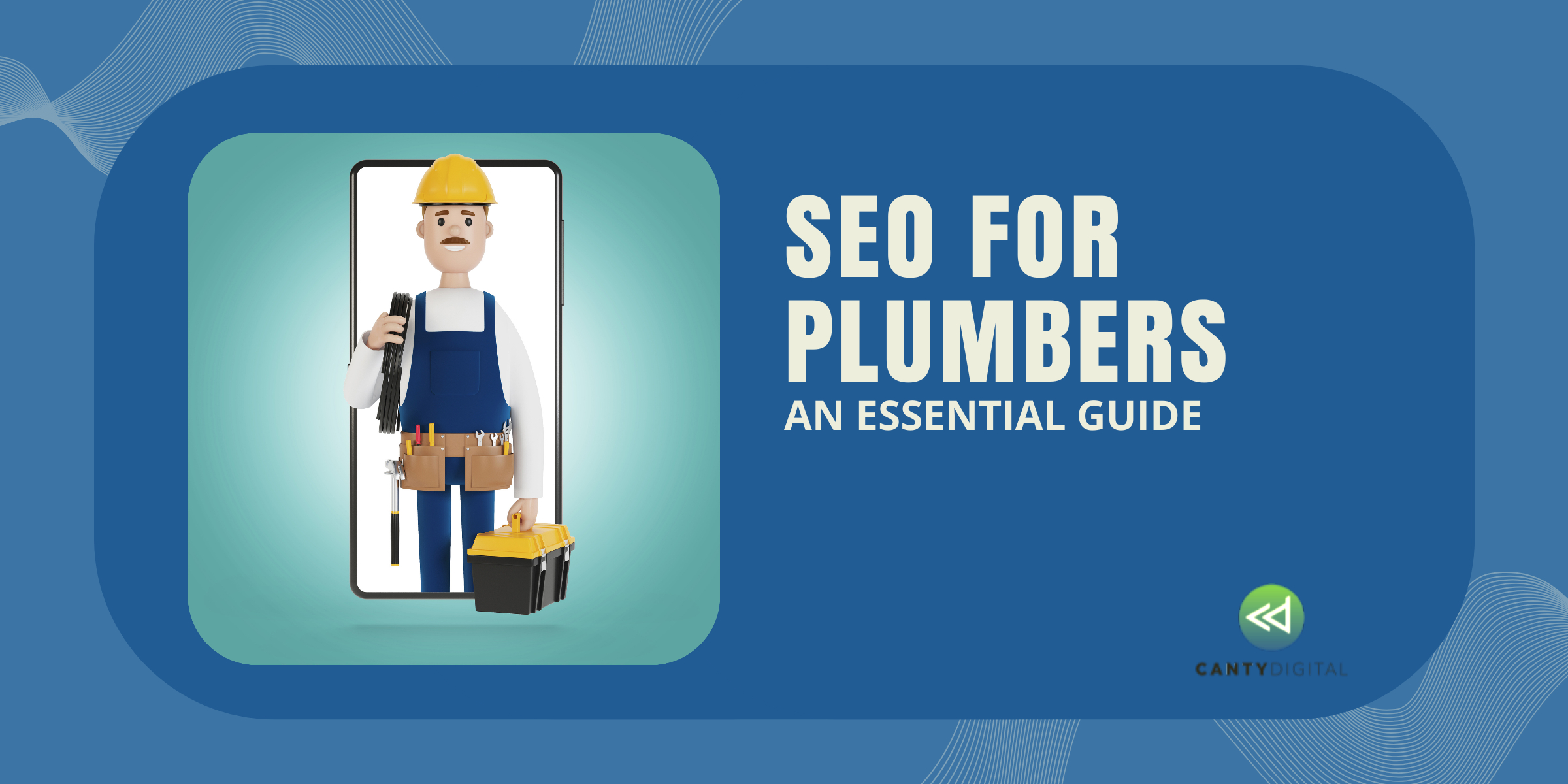
In an era where most customers look for products and services online, it’s critical to know how to get your small business found in search. Local SEO services will help businesses show up as results for location-related searches. In addition, it’s easy to hire experienced SEO firms with highly developed processes for delivering better search results across various verticals. But for starters, here are some ways local SEO gets your small business found in searches.
Google Maps
Local consumers use Google Maps to find local businesses, so using it for marketing your business will give your business the edge it needs to stay competitive. Voice search is also a growing trend related to Google Maps. According to Google, 20 per cent of searches—whether looking for the nearest restaurants or retail shops—on mobile devices are done by voice. If your business is not listed in the first three results on Google Maps, you are losing out on customers every day.
Google My Business
When local customers search for a service or product, they usually turn to Google to find the business that meets their needs. A Google My Business listing can make this process easier, including accurate business hours and easy directions to your location. In addition, the listings are free to create and manage and can help improve your local SEO.
The first step is to verify your Google My Business listing. This can be done if you have a verified account. However, some business categories, including certain real estate businesses, aren’t eligible for instant verification, so you’ll have to use an alternate method. You can apply for bulk verification if you have a business with more than one location. However, you need to ensure that you’re not a service provider or an agency that manages multiple businesses.
Paying to Sponsor Your Business
Before you consider paying to sponsor your small business, you should consider the terms of the sponsorship agreement. Sponsorship agreements should clearly state what the sponsors should expect. In addition, before you sign a sponsorship agreement, you should consult with a lawyer. The lawyer can help you understand the terms of the contract and suggest changes.
When talking to potential sponsors, emphasise the benefits of the sponsorship. Identify your prospects‘ needs and tailor the message to them. For example, working with a well-known brand or company with a positive reputation is best if you are a non-profit. This will boost your business’ profile. You can also use data to your advantage: include audience insights in your pitch.
Be professional and punctual. Whether you are meeting with a business owner in person or by email, make it a point to show your professionalism and integrity. If you meet with them, follow up and be on time for both meetings. Always answer their questions before the meeting and be brilliant and brief.
Social Media Marketing
Social media is an excellent way to find your small business in search. Most of these platforms are free to use and will help you build an active following to spread the word about your business. Social media is also great for establishing relationships with your customers and followers. Using these networks will help you build these relationships over time and lead to sales.
Unlike other forms of advertising, social media allows small businesses to interact with their customers. They can easily answer customer queries and feedback, and a small business can easily manage an influx of comments. Small businesses can even encourage customers to post pictures of their products or services online. Taking the time to respond to comments and feedback will make current and potential customers feel appreciated.
Optimising Your Website
If you are trying to get more customers for your small business, it’s vital to optimise your website to be more visible. Not only will this increase the number of visitors to your site, but it will also result in increased conversions. In addition, optimising your website can also help you streamline your business operations. For example, a website can help you track inventory levels, process orders and manage customer service inquiries. Not only can this increase conversions, but it will also save you time and money by reducing your administrative costs.
First of all, you must make your website design easy to navigate. A user-friendly interface will encourage visitors to stay on your site longer. You can do this by using responsive themes. You can find thousands of themes on platforms like Shopify and WordPress. Other important factors are site architecture and navigation, which determine how visitors move through your website. Making sure these elements are optimised will help your website look better and help it rank well in search results.
You should also include a FAQ page and your contact information. Your website will become the first point of contact between you and your customers, so it should reflect your brand. To achieve this, use consistent messaging, visuals and tone of voice throughout your website. Creating a style guide that outlines your brand’s guidelines is also a good idea. This will help keep everything on brand and give your website more credibility and trust with your customers.
Takeaway
While local SEO doesn’t work overnight, it can turn into rewards over time. By boosting your brand visibility online, your leads and sales will increase. A well-optimised Google Business listing in many ways will allow your business to get a top spot-on local map and increase its visibility, especially among users near you. Discover more tried-and-true local SEO practices and tactics to assist your small business in being discovered by motivated local customers.
Remember, local SEO is an integral part of your marketing. If you’re looking for custom SEO marketing solutions, Canty Digital is here to help. For a full stack digital marketing strategy, feel free to call us at +61 415 766 201. You can also slide into our contact page or send an enquiry email to our CEO at matt@cantydigital.com.






